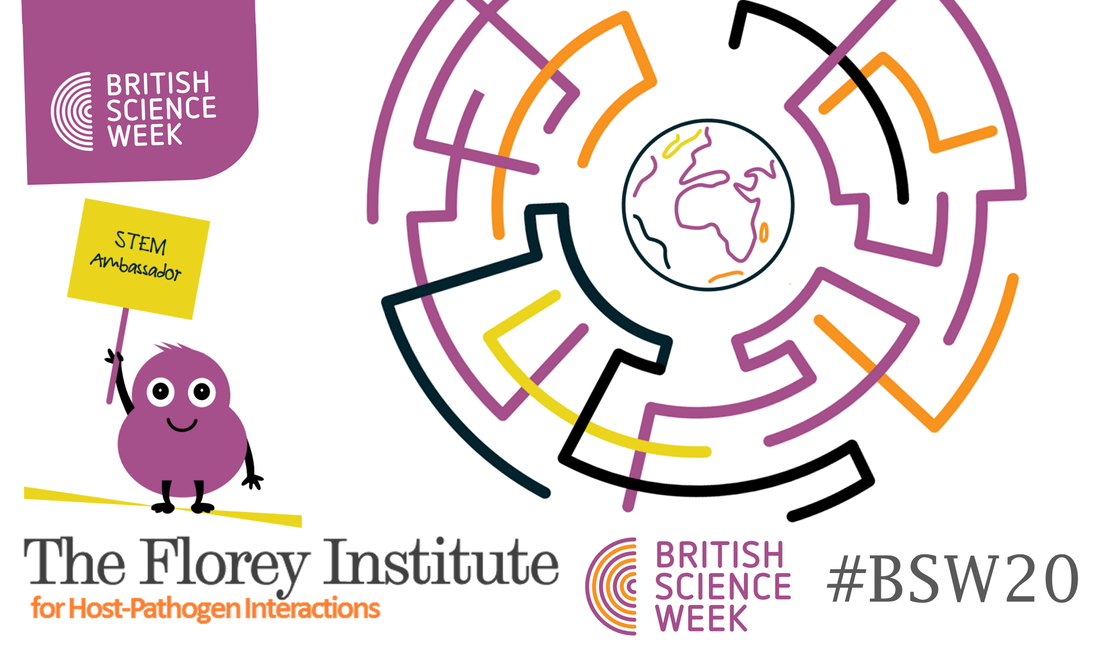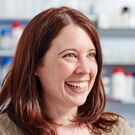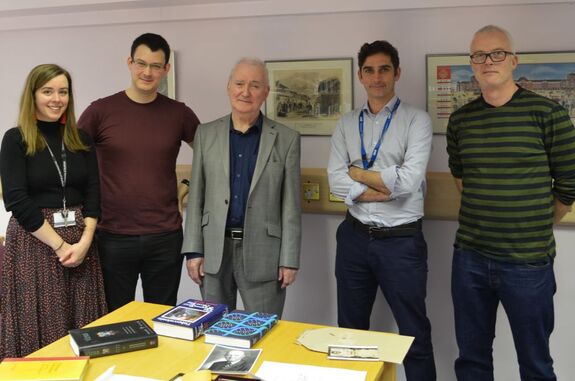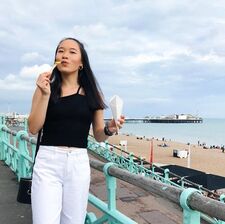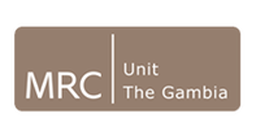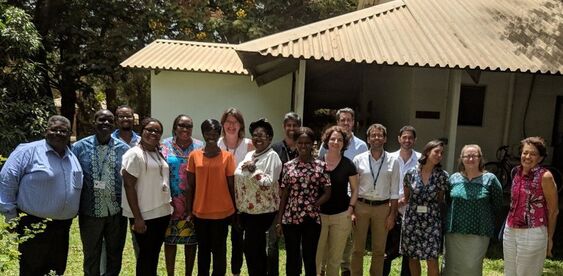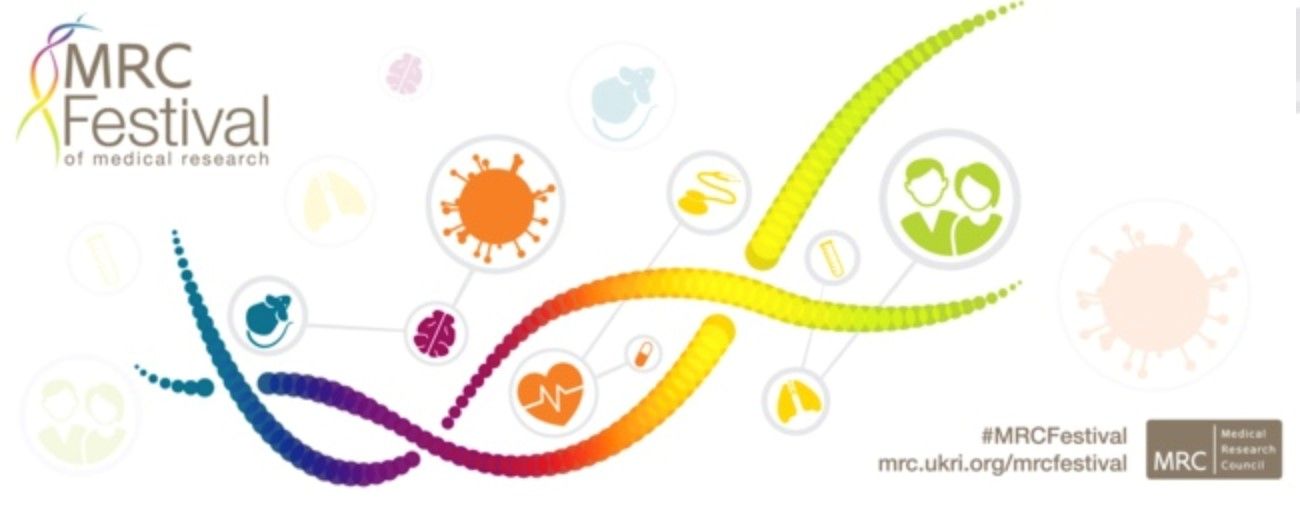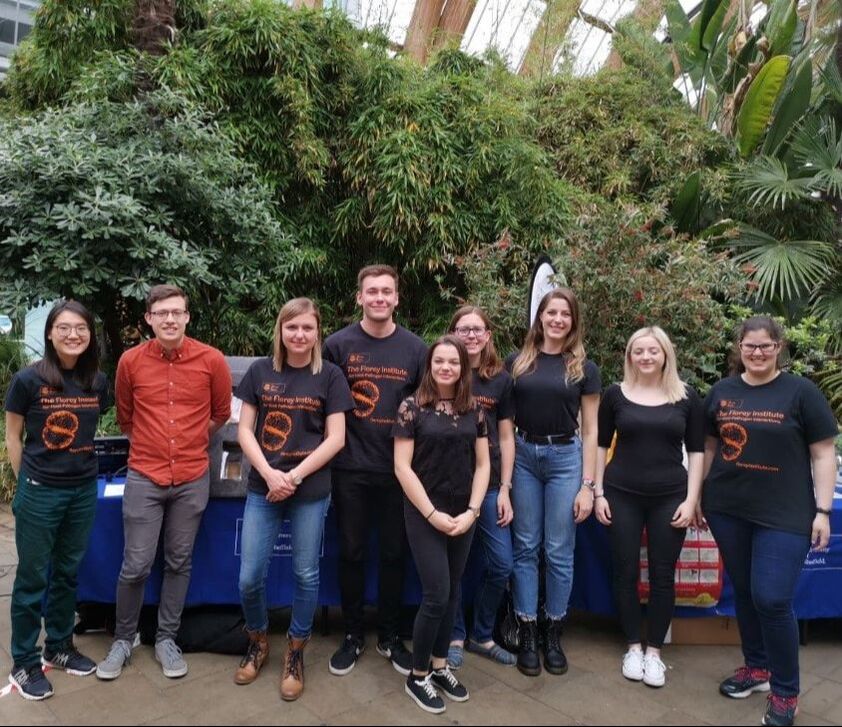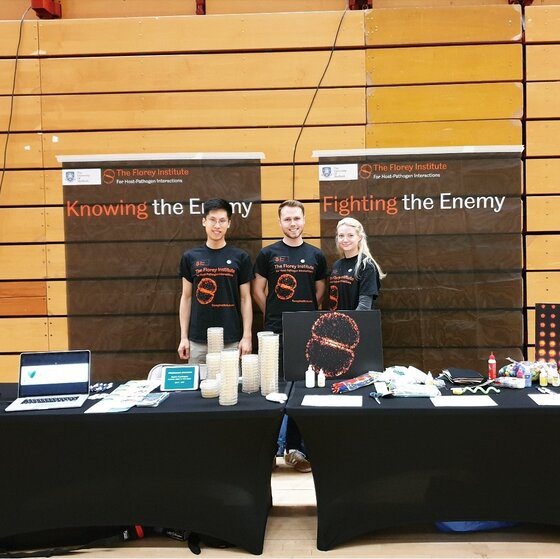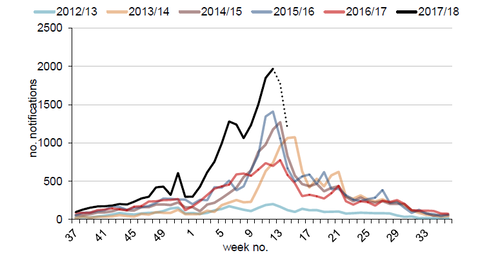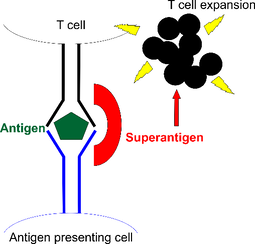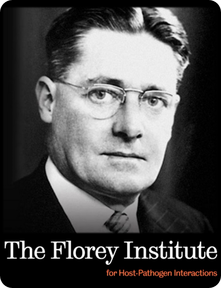The Florey Institute, we will be celebrating British Science Week 2020 with a series of blog posts written by our PhD students, highlighting some of the exciting work that we do.
Inspired by the work of Sir Howard Florey, the main aim of the Florey Institute is to investigate infectious diseases and antibiotic resistance by looking at the interaction between pathogens (bacteria, viruses, fungi) and their hosts. This research is an interdisciplinary collaboration between scientists from across the University of Sheffield, with members from the MBB, APS, IICD, Chemistry and Physics departments as well as clinicians from the Sheffield Teaching Hospitals and Sheffield Children’s Hospital.
Keep revisiting this page each day over the course of the event to find out more about the research that our scientists do, as well as introductions to some of our research groups and other exciting news!
Follow the event on Twitter with #BSW20
Inspired by the work of Sir Howard Florey, the main aim of the Florey Institute is to investigate infectious diseases and antibiotic resistance by looking at the interaction between pathogens (bacteria, viruses, fungi) and their hosts. This research is an interdisciplinary collaboration between scientists from across the University of Sheffield, with members from the MBB, APS, IICD, Chemistry and Physics departments as well as clinicians from the Sheffield Teaching Hospitals and Sheffield Children’s Hospital.
Keep revisiting this page each day over the course of the event to find out more about the research that our scientists do, as well as introductions to some of our research groups and other exciting news!
Follow the event on Twitter with #BSW20
